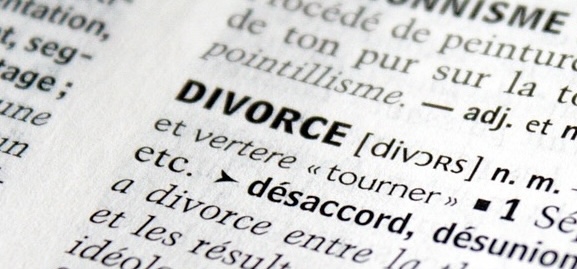I am writing about the divorce bill in the Philippines which is a heated topic that sparked arguments among Filipinos over the years. I’m here to give you an unbiased look at the issue, showing both sides of the story and highlighting just how complicated this whole thing really is.
To begin with, let’s take a step back and look at the history of divorce in the Philippines. The country is one of the few remaining nations in the world where divorce is not allowed, with the exception of Muslim Filipinos who are governed by Sharia law. This has led to a significant number of Filipinos seeking divorce in other countries, often at great personal and financial cost.

One notable case that brought attention to the need for a divorce law in the Philippines was that of Gabriela Women’s Party Representative Luzviminda Ilagan. In 2013, Ilagan filed a bill seeking to legalize divorce in the country, citing the need to protect women and children from abusive relationships. However, her efforts were met with fierce opposition from various groups, including the Catholic Church.
The Catholic Church has long been a vocal opponent of divorce, citing its teachings on the sanctity of marriage. According to Bishop Teodoro Bacani, “Marriage is not just a contract between two persons but also involves God.” He emphasized that allowing divorce would undermine the institution of marriage and lead to social problems.
On the other hand, proponents of the divorce bill argue that it is necessary to address issues such as domestic violence, abuse, and unhappy marriages. They point out that many Filipinos are trapped in loveless or violent relationships, with no recourse but to suffer in silence or seek expensive and complicated annulments.
In 2018, a divorce bill was filed which aimed to provide a more comprehensive and nuanced approach to divorce. The bill proposed that divorce be allowed on grounds such as physical or psychological abuse, abandonment, and irreconcilable differences.
However, not everyone is convinced that divorce is the solution to these problems. Some argue that it will lead to a rise in broken families and social problems. Senator Joel Villanueva, for example, expressed concerns that divorce could become a “quick fix” for couples who are experiencing difficulties in their marriage.
Despite these reservations, there are many who believe that divorce is a necessary evil. A survey conducted by Social Weather Stations (SWS) in 2020 found that 53% of Filipinos support the legalization of divorce, while 32% are opposed.
Meanwhile, some countries have already recognized the right of Filipinos to seek divorce abroad. In 2019, the Supreme Court ruled that a Filipino citizen who obtained a foreign divorce can remarry in the Philippines. See the case of Republic of the Philippines V. Marelyn Tanedo Manalo.
On May 22, 2024, the Absolute Divorce Bill, which would legalize divorce in the Philippines under certain conditions, passed the House of Representatives with 131 votes in favor, 109 against, and 20 abstentions. The bill now needs Senate approval to become law.
Representative Edcel Lagman, the bill’s author, hailed it as a victory for Filipino wives in abusive marriages. While women’s rights advocates praised the bill, conservative lawmakers and religious groups vowed to oppose it. The Catholic Church has been a key reason divorce is still illegal in the Philippines, the only country besides the Vatican with such a ban. Critics argue that the secular state shouldn’t be controlled by church doctrines.
The bill allows divorce in cases of domestic abuse, physical violence, or coercion to change religious or political views. Unlike annulment, which nullifies a marriage, divorce would legally end it while keeping records of its existence.

As I weigh both sides of the argument, I am struck by the complexity of this issue. On one hand, there are those who genuinely believe that marriage is sacred and should be protected at all costs. On the other hand, there are those who are suffering in silence, trapped in loveless or violent relationships with no escape.
Ultimately, I believe that the decision to allow or disallow divorce should be based on careful consideration of all perspectives. It is crucial that lawmakers engage in thorough debates and consultations with stakeholders to ensure that any legislation passed is fair, just, and protects the rights of all parties involved.
In conclusion, the debate over the divorce bill in the Philippines is far from over. While there are valid arguments on both sides, it is essential that we prioritize empathy and understanding for those who are affected by this issue. Whether or not we agree with divorce, we must acknowledge that it is a reality that affects millions of people around the world.
MyTikTok: Divorce filed in Texas and Service to the Filipino Spouse in the Philippines
@atty.aileen Texas Divorce: Service vs Waiver for out of country spouse #texasdivorcelawyer #pinaydivorceattorney #ligotdizonlawfirm #texasdivorce ♬ original sound – Atty. Aileen Ligot Dizon

